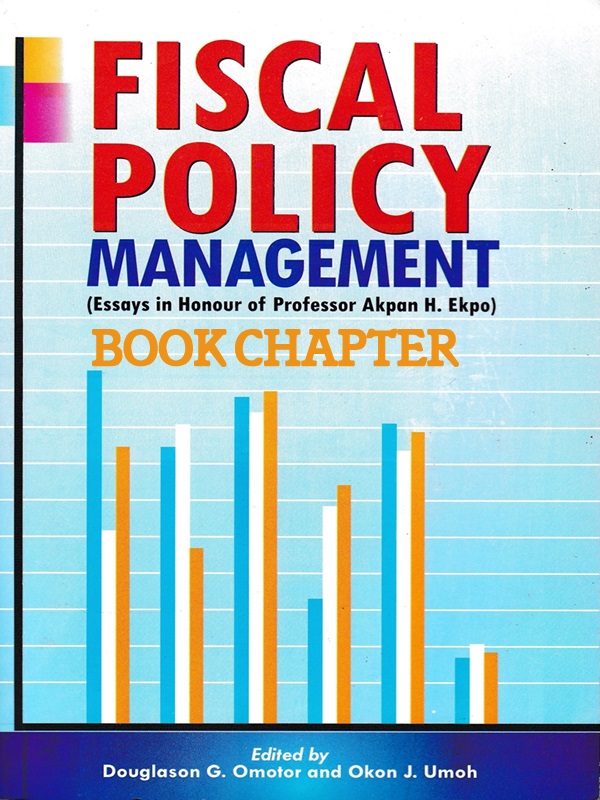CHAPTER 4 – Public And External Debt Sustainability In Nigeria by Okon j. Umoh, Kenneth U. Onye and Itoro P. Ubi-Abai
$1.50
Introduction
The most critical obligation of any government is to impact positively on the lives of its citizens. Such obligations are fulfilled by initiating various action plans on a short, medium, and long term basis. These action plans are statements of government estimated revenues and expenditures within a given period of time, usually a year. This is referred to as the public budget. The profound effect of a budget on an economy makes it much more than a mere statement of book-keeping, and becomes a powerful policy instrument.
Overtime, the annual budget of government’s expenditure framework may assume expansionary dimension out-spacing available financial resources. When a country lacks the necessary resources to finance it development programmes, one of the alternatives is borrowing (Uma, Eboh and obidike, 2013). In economic sense, there is no harm in borrowing either internally or externally as this bridges domestic resource gap. Over the years, Nigeria has taken up domestic or foreign loans to enable the financing of its developmental projects. However, the emergence of persistent savings investment gap, export import gap, and fiscal deficit Justifies prudent debt management as an essential ingredient for sustained macroeconomic stability in Nigeria.
Dr. Okon Umoh
Questions and Answers
You are not logged in
